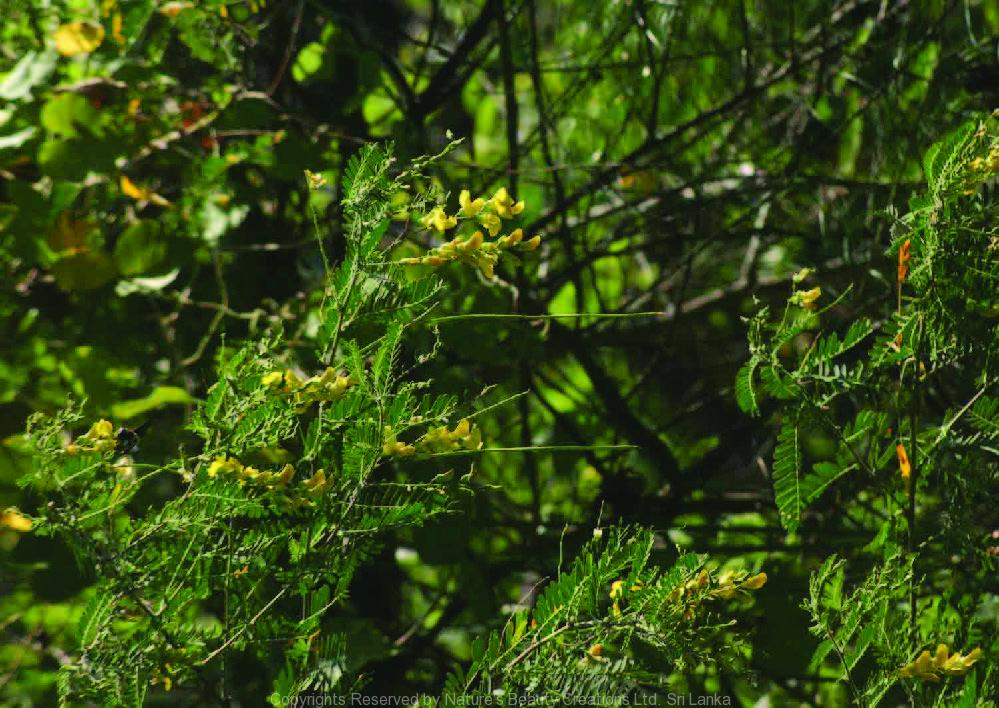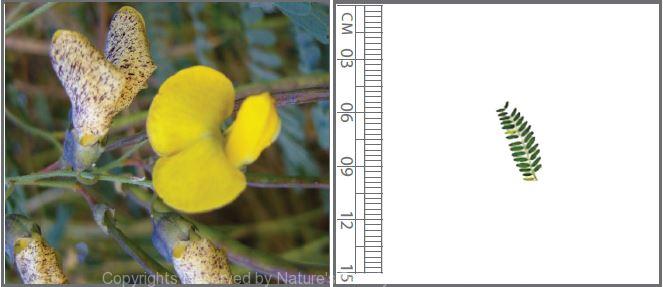

Traditional Knowledge
Useful plant parts :
Leaf and seed
Uses in traditional medicine :
- Paste prepared by ground leaves and seeds are applied on rheumatic swellings
Scientific Research
Chemical constituents:
Terpene: oleanolic acid and its derivatives, polysaccharide: galactomannan from seeds
Bioactivity :
Oleanolic acid dervatives: spermicidal activity; petrolium ether, chlorofom, ethylacetate extract of wood: antinociceptive
Clinical:
References : Das, N. et al., (2011), Potent spermicidal effect of oleanolic acid 3-beta-D-glucuronide, an active principle isolated from the plant Sesbania sesban Merr, Contraception, 83, 167–175. El-Sayed, N. H. et al., (1991), A rare kaempferol trisaccharide anti-tumor promotor from Sesbania sesban, Pharmazie, 46(9), 679-80. Kohli D. V. et al., (1988), A new saponin stigmasta-5,24(28)-diene- 3beta-O-beta-D-galactopyranoside from the seeds of Sesbania sesban, Fitoterapia, 8, 479. Nirmal, S. A. et al., (2012), Antinociceptive activity of Sesbania sesban (Linn) wood extracts, a preliminary study, Indian J Exp Biol, 50(1), 61-4. Pandhare, R. B. et al., (2011), Antidiabetic Activity of Aqueous Leaves Extract of Sesbania sesban (L) Merr. in Streptozotocin Induced Diabetic Rats, Avicenna J Med Biotechnol, 3(1), 37-43.
Copyrights Reserved By
Natures Beauty Creations



